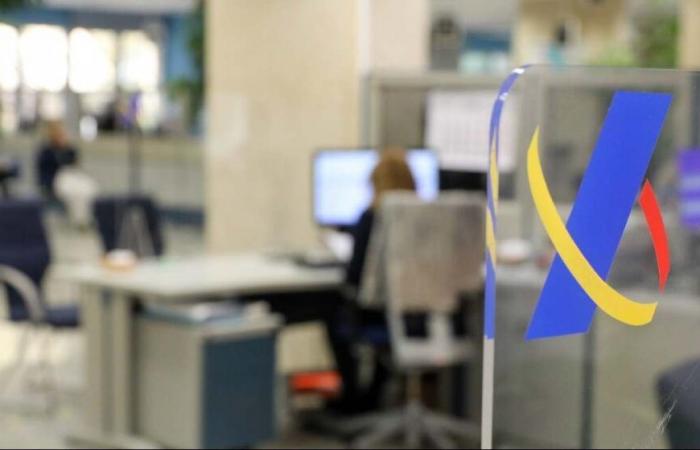The Tax Agency has already launched through its electronic headquarters the service so that companies and self -employed that invoice less than 6 million euros a year automatically send the invoices they issue.
The implementation of this service It is not a pilot project to know the management of the system but It will have real effects on companies and professionals who already decide to share their billing records with the treasury. However, it should be remembered that the exchange of invoices with the Tax Agency will not be mandatory for companies until January 1, 2026 and for the freelancers, until July 1, 2026.
However, Hacienda had intended since the end of the year to open this tool in advance for all those professionals who already wanted to use it. Initially, the date of this advance was going to be on July 1, but it has finally been this April 23, according to the Tax Agency on its website.
The inspector attached to Chief of Area of the National Fraud Research Office (ONIF) of the Tax Agency, Javier Hurtado, warned last January on a day on the new billing computer systems that the companies that have softwares Billing according to the new legal requirements begin to send the records to the Treasury as soon as possible to avoid any incident, instead of waiting for the last moment.
This obligation to send billing records to the Treasury, known as verifactu, is different from the obligation to issue invoices in digital format. Verifactu refers to the obligation that all computer systems or software They are marketed to issue invoices must meet a series of requirements to prevent the manipulation of invoices and be able to detect and avoid fiscal VAT fraud.
These computer systems that meet the Verifactu requirements when they issue an invoice, in addition they must immediately send a summary of it (without all details) to the Treasury.
Companies and freelancers may also have non -verifactu systems, that is, software that they register and keep the invoices but do not refer them to the Treasury, although it may require registration whenever you want. However, the intention of the Treasury is that over time all software send these documents to the Tax Agency. In addition, Javier Hurtado indicated in his day that these signatures or professionals who do not immediately share their billing records They will receive more farm information requirements.
Active functions
According to the Tax Agency, the services that are already available at its electronic headquarters are several. The companies and freelancers that issue invoices and have a verifactual computer system (that is, that meets the requirements that guarantee the reliability and not alteration of the invoices) can already send the billing records to the Treasury, consult them in the electronic headquarters and download them. Those companies or professionals who use non -verifactu systems can also voluntarily share billing records with the treasury.
Likewise, the recipients of the invoices, whether other companies, freelancers or consumers, through the QR code that the new invoices must have with a link to the headquarters of the Tax Agency, can compare, consult and discharge in this the information of the invoice and verify that it has been referred to the Treasury by the issuer.






